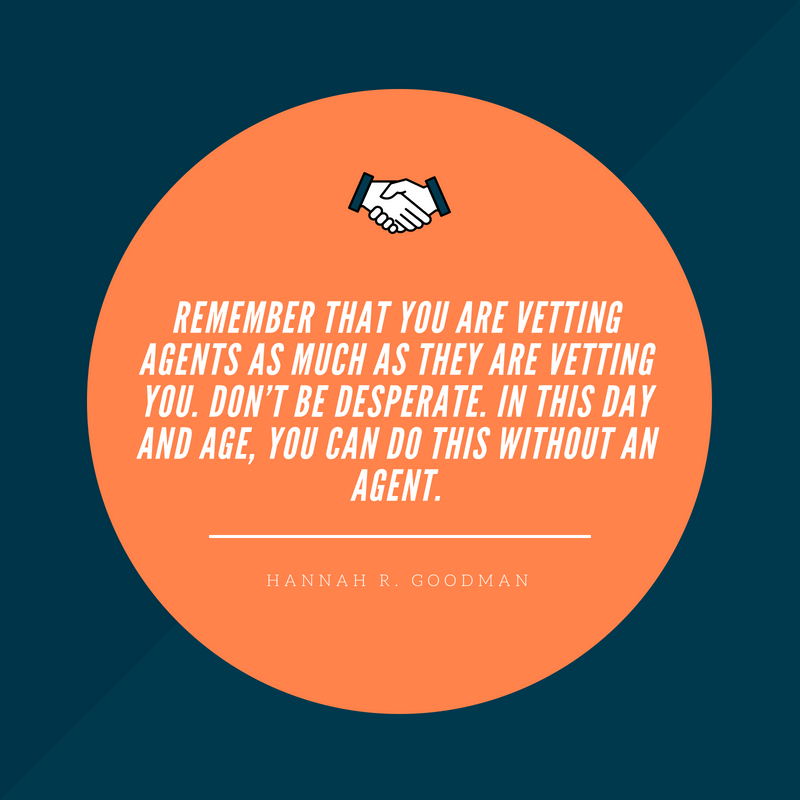What was the average amount of time it took to hear back from editors?
Some editors responded quickly in the first few weeks, but others took upwards of six months or longer. Some we never heard back from, which was surprising. My first book didn’t sell after months and months on sub, then my next book THE 13TH CONTINUUM was out on sub for more than a year before we landed a book contract. It goes to show you that you have to keep trying and keep the faith in your book.
What do you think is the best way for an author out on submission to deal with the anxiety?
I always recommend that you start writing a brand new project. That helps take your mind off the MS on submission. It also helps not to feel like that MS is your only shot to ever publish a book. Many MS don’t sell, which was the case for me. My first book landed me a great agent, but didn’t get a publishing offer.
I’m glad I started writing THE 13TH CONTINUUM while that one was on submission because that one went on to sell and become my debut. Also, talking to other writers going through similar experiences helps. That way you don’t feel so alone in the process. I run a large author group called BookPod, and right now there’s a thread called THE WAIT about … waiting for agents and editors to get back to writers about their work.
If you had any rejections, how did you deal with that emotionally? How did this kind of rejection compare to query rejections?
The rejections were the toughest part. My agent would forward me the pass emails … and it hurt to read that editors didn’t love my book. In the beginning, I would take to my bed and just lay there feeling the worst emotions. Now, it still hurts, but I try to remember that it’s better not to publish with someone who doesn’t get what you’re doing or love your writing. That would be like being in a bad relationship. I also try to remember that I’m going to keep writing no matter what and find a way to get my books out into the world.
If you got feedback on a rejection, how did you process it? How do you compare processing an editor’s feedback as compared to a beta reader’s?
A lot of the feedback wasn’t helpful for THE 13TH CONTINUUM because it had more to do with the market, which was saturated with YA science fiction after HUNGER GAMES, etc. That’s just bad luck and timing. With books you can’t write to market, since they take so long to draft and go on submission. Now SF is hot again, even though I’m still writing the same things. Also, sometimes the rejection was all over the place. One editor loved my protagonist, but had other issues. Another editor didn’t connect with my protagonist. So that’s not very helpful in the end. I listen to my agent and trusted beta readers more than editor responses. Most of them don’t even read the whole book anyway, so the feedback isn’t that helpful.
When you got your YES! how did that feel? How did you find out – email, telephone, smoke signal?
The YES was amazing and felt so unreal. It had been such a long and demoralizing process in many ways, but I’m glad I kept the faith and kept trying different avenues. Turner Publishing has been amazing to work with on many levels. They’ve been champions for my books and committed to publishing the whole trilogy (that was something that had made the books a harder sell for many of the publishing houses). Everything from the cover design, to the editorial, to the marketing was fantastic. I got really lucky. Now my books are publishing in other territories, so it’s fun to work with foreign publishers. I love my Russian publisher.
Did you have to wait a period of time before sharing your big news, because of details being ironed out? Was that difficult?
Actually, the announcement hit Publishers Weekly fairly quickly, so that was nice! My book and publisher also got featured on the cover of the magazine a few months later, so that was fun. Then everything becomes a whirlwind of deadlines, so you have to get back to work. Sharing the news felt validating after so many years of working and struggling in obscurity. Now readers around the world know my characters and books, so I’m really glad I stuck it out through the highs and lows of the submission process.




